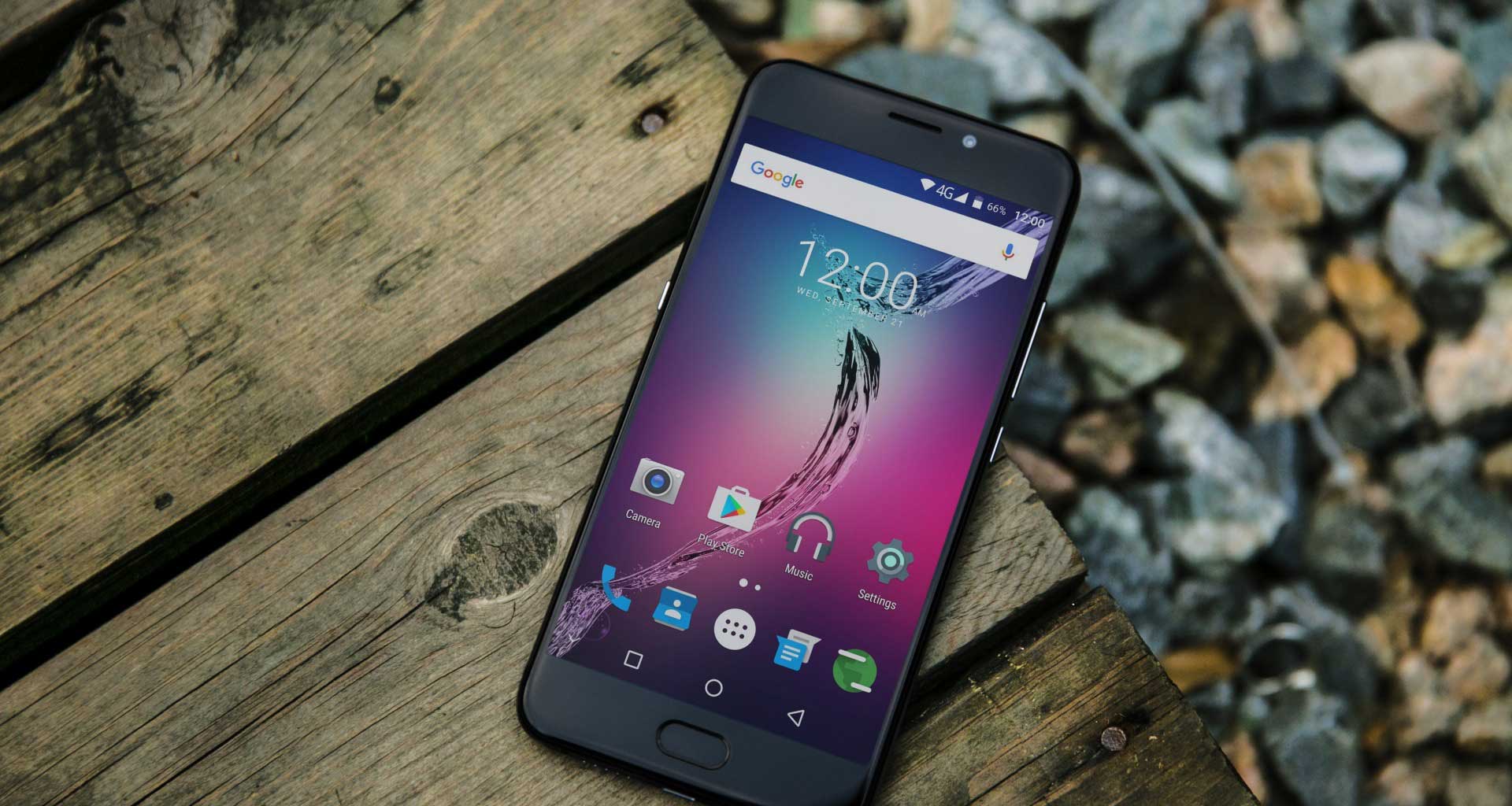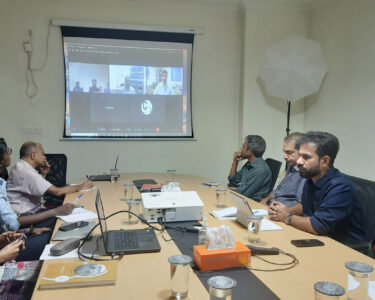
What’smore, Tabita argues that a new form of colonialism has simply replaced the old. We are heading towards internet Colonisation, she adds.
Sorry for Real Sorrow is a series of five light boxes highlightedby the artist’s holographic apology on behalf of the Western world. Paris-raised Tabita presents a cyberexchange that addresses the West’s history of imperialism and the need to decolonizeexisting technologies and reconciliation strategies.
The work stems from a lot of anger, when she understood thesocial, political and economic scope of it. The way the technology is takingcharge across the world is very similar to that of colonialism, she says. Andseeks to make the viewer ask questions about the nature of power relations.
To Tabita, most of the technology corporate giants from theWest control humanity’s day-to-day activities. For instance,Facebook, Googleand Twitter have all our personal data. This, when the internet wasoriginally created as a surveillance instrument, she points out. Today, we arein a fight to save our sensitive details. In a way, the internet has made usdesperate for connecting with each other.
Research for the work led Tabita to stumble upon a curious discovery:it’s along old colonial shipping routes that the world today has its undersea opticalfibre cables laid, connecting humanity through the internet.When colonialismbegan, they argued they were connecting us to the New World. This, while allwhat was happening was actually exploiting resources and, in the process, lootingother countries, expanding wealth, she notes. It’s all the same today. Bigcorporates from the West are stealing our data in order to expand the wealth oftheir empires.
Tabita, also ahealth-tech-politics practitioner and Kemetic/Kundalini Yoga teacher, createsdigital encounters that offer substitute readings to dominant narratives. Inthe stories the new-mediaartist presents, theprocess of listening, seeing and witnessing can be potentially transformative. Only around 51 percent of the whole world is connected to the internet. On thewhole African continent, its penetration is only 31 percent. Within eachcountry, the way you access the internet and the content you can access is verydifferent.At her Biennale project, Tabitadid a performance seeking to unearth the possibilities of decolonial healingthrough the politics of technology.




